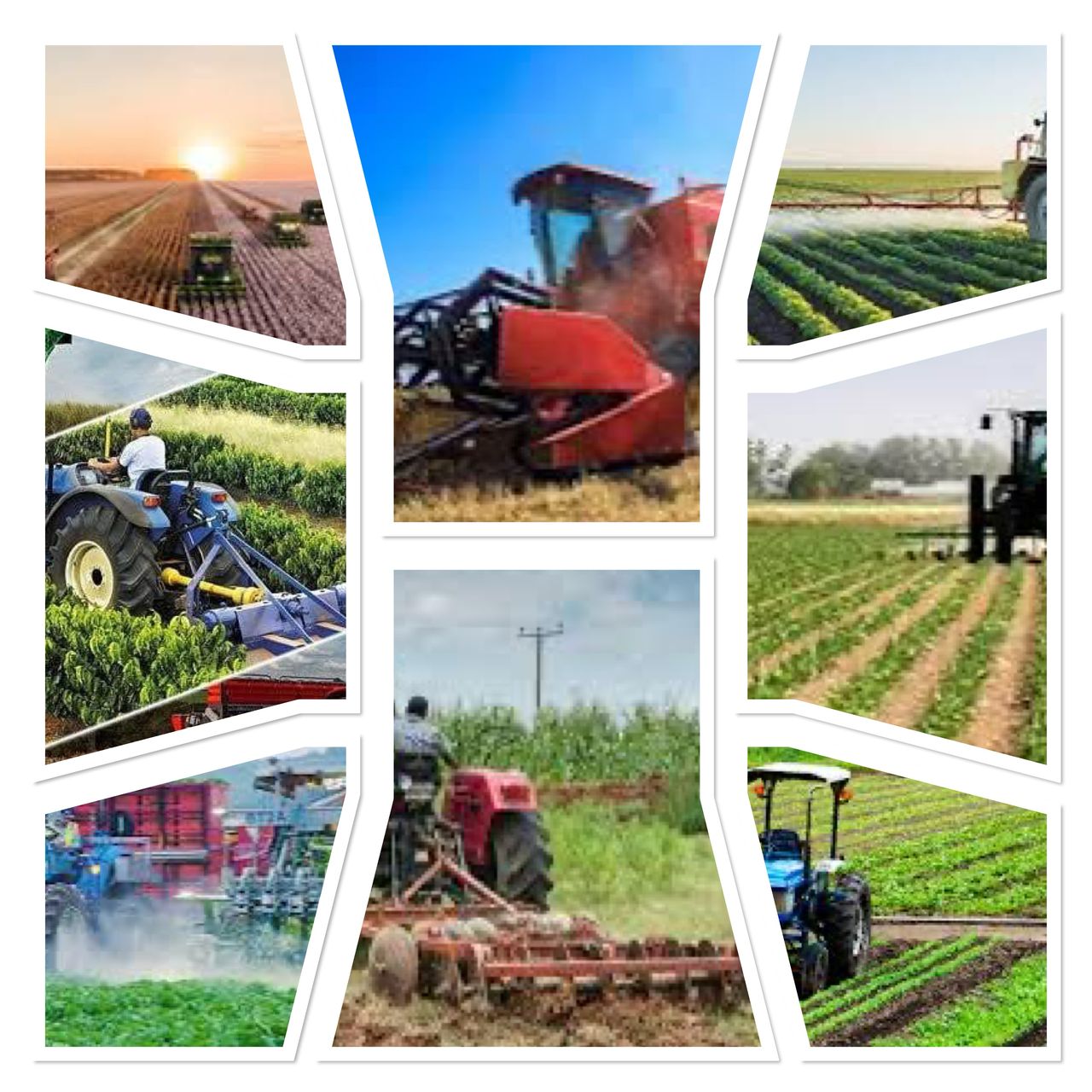A Roadmap for Implementing State Government Agricultural Support Strategies (Part 2)
By Abayomi Odunowo.
In recent years, agricultural sectors across many states have encountered significant challenges due to subsidy removals, Naira devaluation, and unstable exchange rates. These economic shifts have placed immense pressure on farmers, jeopardizing their livelihoods and threatening food security. As a response, it is imperative to establish a comprehensive framework for agricultural support that not only alleviates immediate hardships but also fosters long-term growth and sustainability. This essay outlines a meticulously crafted 12-month phased implementation plan intended to equip state governments with strategies for supporting farmers effectively.
Farmers are at the nexus of a unique set of challenges sparked by economic adversity. The removal of subsidies, coupled with the sudden devaluation of the Naira, has led to a steep rise in input prices, pushing many farmers into financial distress. With their production costs soaring, farmers face reduced profit margins and dwindling capacities to invest in their operations. Moreover, fluctuations in exchange rates create uncertainties that can deter investment, undermine stability in supply chains, and ultimately threaten food security for the broader population. Addressing these multifaceted challenges requires a coordinated and strategic governmental approach.
Agricultural stakeholders, from smallholder farmers to large agribusinesses, are calling for urgent intervention measures that not only address immediate relief but also pave the way for sustainable growth. The repercussions of inaction are dire—rising food prices, increased unemployment in rural areas, and growing inequalities in agricultural productivity. It is evident that without a structured government response, the agricultural sector may falter, exacerbating an already precarious economic landscape. Farmers need a robust safety net as they navigate these turbulent times and must be equipped with the resources and frameworks to transition from mere survival to flourishing within a modern agricultural economy.
The proposed roadmap spans four crucial phases, strategically designed to tackle immediate needs, enhance infrastructure, promote value addition, and ensure long-term sustainability.
Phase 1: Immediate Relief (0-3 Months)
1. Emergency Input Support: To mitigate the impact of rising input costs, the state government will facilitate bulk purchases of fertilizers and improved seeds, distributing them at subsidized rates through cooperatives.
2. Agricultural Credit & Loan Scheme: Establishing the State Agricultural Credit Guarantee Scheme (SACGS) will offer low-interest loans, helping farmers gain access to vital financial resources.
3. Price Stabilization & Market Linkages: Commodity Aggregation Centers will be set up to prevent price exploitation, ensuring farmers have reliable access to fair markets.
Phase 2: Infrastructure & Mechanization Support (3-6 Months)
4. Mechanization and Irrigation Support: The establishment of State Mechanization Centers will empower farmers by providing access to leased machinery, reducing labor costs and improving productivity.
5. Transportation & Logistics Subsidy: By subsidizing transportation and enhancing rural road infrastructure, the government will alleviate farm-to-market barriers for farmers.
Phase 3: Value Addition & Market Expansion (6-9 Months)
6. Agro-Processing & Storage Facilities: Mini Agro-Processing Clusters will be set up to facilitate value addition, allowing farmers to process crops and enhance market value.
7. Agricultural Export Promotion: A State Agro-Export Desk will be created to streamline the export process for local agricultural produce, thereby enhancing income opportunities for farmers.
Phase 4: Long-Term Sustainability (9-12 Months)
8. Smart Farming & Digitalization: The introduction of a State Agricultural Digital Platform will connect farmers with real-time data on market trends, pricing, and weather patterns, ensuring informed decision-making.
9. Agricultural Economic Zones (AEZs): Special Agro-Processing Economic Zones will be established, attracting private investments and fostering agribusiness growth through tax incentives.
10. Agricultural Insurance Scheme: Collaborating with insurance firms, the government will create a fund to provide coverage for unforeseen agricultural disasters, bolstering farmer confidence.
Expected Outcomes and Impact
The successful implementation of this roadmap is anticipated to yield numerous benefits, including improved food security, increased farmer incomes, and job creation across the agricultural value chain. Additionally, the attraction of private investments will create a ripple effect throughout the local economy, fostering resilience in the agricultural sector.
This phased implementation plan not only addresses the immediate challenges faced by farmers but also lays the groundwork for a thriving agricultural economy. By mobilizing partnerships among various stakeholders and utilizing strategic resources, state governments can empower farmers to overcome current adversities, ensuring the sustainability and growth of the agricultural sector.
Otunba Abdulfalil Abayomi Odunowo
National Chairman AATSG
Mobile: +2349053535322
AATSG Media.
URL: www.AATSG.org.ng
WhatsApp Channel: https://whatsapp.com/channel/0029VadcNX21NCrRShw4S33A
AATSG OFFICIAL
https://play.google.com/store/apps/details?id=com.slim.aatsg
AATSGiD
https://play.google.com/store/apps/details?id=com.myid.aatsgid








